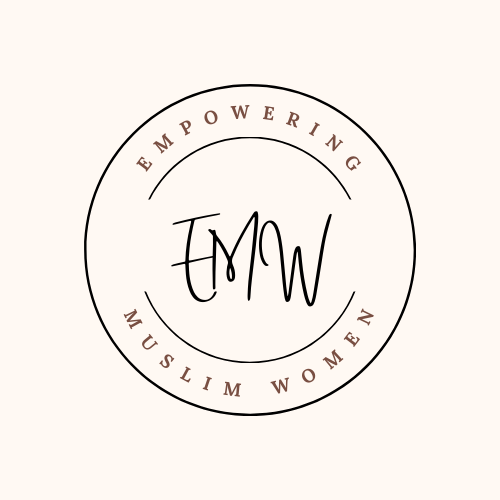Rights and Responsibilities of Muslim Women
Posted on April 11, 2023 • 3 minutes • 529 words
Divorce can be a challenging experience for anyone, but it can be especially difficult for Muslim women who may face unique challenges due to cultural, social, and religious norms. This post will outline the rights and responsibilities of Muslim women during and after divorce, with a focus on issues such as child custody, financial support, and property division.
Child Custody
Child custody is often a primary concern for Muslim women going through a divorce. In Islam, custody of children is typically awarded to the mother, especially for young children. However, this is not always the case, and custody arrangements may vary depending on the specific circumstances of the divorce. In Canada, custody decisions are made based on the best interests of the child, taking into account factors such as the child’s age, relationship with each parent, and ability of each parent to provide care. Muslim women going through a divorce may benefit from seeking legal advice and support to ensure that their rights to custody are protected.
Financial Support
Muslim women going through a divorce are entitled to financial support from their former spouse, according to Islamic law. This can include both child support and spousal support. In Canada, child support payments are determined based on the Child Support Guidelines, which take into account factors such as the income of the payor and the number of children. Spousal support, on the other hand, is determined based on a variety of factors, including the length of the marriage, the age and health of each spouse, and the financial needs of each spouse. Muslim women going through a divorce may need to seek legal advice and support to ensure that they receive the financial support to which they are entitled.
Property Division
In Islam, property acquired during the marriage is typically considered joint property of both spouses, regardless of who earned the income or made the purchase. However, property division may vary depending on the specific circumstances of the divorce, and the laws of the province or territory in which the divorce is taking place. In Canada, property division is determined based on the laws of the province or territory in which the divorce is taking place. In some cases, property acquired during the marriage may be divided equally between the spouses. In other cases, property division may be based on factors such as the length of the marriage, the financial contributions of each spouse, and the needs of each spouse. Muslim women going through a divorce may need to seek legal advice and support to ensure that their rights to property division are protected.
Muslim women going through a divorce have rights and responsibilities that must be respected and protected. These rights include the right to custody of their children, financial support from their former spouse, and a fair division of property. It’s important for Muslim women going through a divorce to seek legal advice and support to ensure that their rights are protected and that they receive the support they are entitled to. By understanding their rights and responsibilities, Muslim women can navigate the divorce process more effectively and ensure a more positive outcome for themselves and their families.
